If you’re just leaving or have already left the armed forces, transitioning into civilian life can be difficult. However, it is also an opportunity to hop into some of the newest career fields. One are to consider is cyber security jobs. Among all of the computer science and computer engineering fields, cyber security is among the fastest growing with the most job options available for anyone, especially for veterans.
Cyber security jobs by the numbers
According to the U.S. Bureau of Labor Statistics, jobs in “Information Security” have a 28 percent growth rate into 2018. This is considered “much faster than average,” given the BLS puts the average growth rate for all industries at 7 percent.
By comparison:
- Software Engineering will have a 24 percent growth rate
- Web Development will have a 15 percent growth rate
- Computer and Information Research will have an 11 percent increase
- Computer Support will have an 11 percent growth rate
- Computer Systems Analysis will have a 9 percent growth rate
- Computer Hardware Engineering will have a 5 percent growth rate
- Software Development will have a 7 percent decline
- Computer Programming will have a 7 percent decline
For all intents and purposes, cyber security jobs are the place to be for veterans who want job security in a computer science field. And regardless of whether you want to go into the federal government contracting or in move into the private sector, there’s likely a job out there for you.
Additionally, it’s not just the availability of jobs that should attract your attention. Cyber security professions also pay well. According to Tripwire, the following cyber security careers come with impressive salaries:
Cyber security careers
| Profession | Median Salary |
|---|---|
| Chief Security Officer | $155,620 |
| Security Director | $137,143 |
| Security Architect | $120,181 |
| Security Manager | $103,827 |
| Security Engineer | $89,996 |
| Malware analyst | $84,739 |
| Security Consultant | $83,989 |
| Computer Forensics Expert | $82,231 |
| Security Specialist | $73,601 |
| Incident Responder | $70,217 |
The biggest question for any veteran, however, will be where to start and how to get connected. This guide will provide a few quick tips for those already in computer science fields looking to get started in cyber security.
Getting started in cyber security: First steps
For veterans, getting started in cyber security means assessing your current training and skills against what you’ll need to know in order to land your first job. You may have a degree, training, or a security clearance that are already attractive to potential employers. But taking stock of what you can use to sell yourself on the open market is a good way to know judge your own strengths and limitations.
Assess your skills, training, and current marketability
Before looking at what training you’re going to need, it’s a good idea to consider what skills or training already makes you marketable. It’s a good idea to compile a list of specific training and coursework you complete while the armed forces, and then consider how that might make you marketable in a cyber security job.
For example, if you did Computer Systems and Programming for the Air Force, your background in practical computing and IT applications makes you a good sell to potential employers. You may still need to acquire some additional skills and take some additional coursework. There’s a good chance you could land a job without further training and get paid to acquire the additional skills a potential employer needs.
Outside of specific technical skills, a number of “strengths” you acquire in the armed forces may make you valuable to any employer in the civilian world. These can include:
- Leadership training
- Ability to work as part of a team
- Ability to work under pressure and with short deadlines
- Planning and organizational skills
- Familiarity with safety and security
- Understanding of protocols and structures
- Good work habits
- High personal drive and pursuit of excellence
- Personal initiative
- Other advanced training that may be applicable
Meanwhile, even if you were serving a non-technical role in the military, you may still be a valuable hire due to your security clearance alone.
Know the value of your security clearance
While many cyber security jobs are with private companies trying to protect their own assets, a growing number of private companies contract with the federal government to provide these services. And in those cases, a security clearance is required to work on federal contracts. If you already have one, even at a minimum level, you are likely a far more attractive hire.
As you likely already know, security clearances can take some time to acquire. Military personnel are often ahead of the line in acquiring these clearances and do not have to pay the cost of the investigation and clearance. However, companies that want to obtain a security clearance for their employees are going to have to wait.
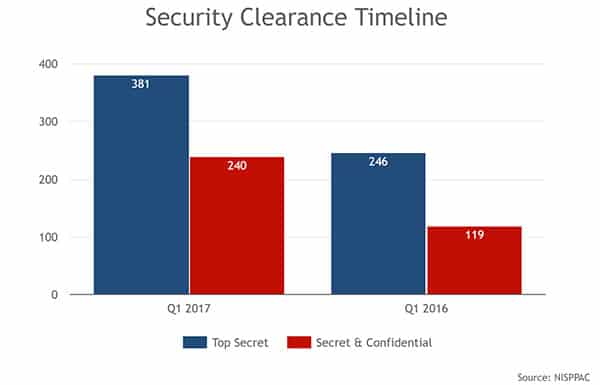
There’s currently a security clearance backlog in the U.S. More than 700,000 people are waiting to get security clearances. The backlog is so bad it’s prompted federal investigations. And for those that do acquire a security clearance, the normal wait time is still long.
According to ClearanceJobs.com, a Top Secret security clearance averages 545 days to acquire, while a Secret level security clearance averages 288 days. Unfortunately for businesses and civilians, those clearance times have only been increasing as more people are working to acquire clearances even among the growing backlog.
And it’s not just the time it takes that’s the problem. Security clearances are also expensive to obtain. A Secret clearance can cost $3,000 for a company to acquire, per employee, while a Top Secret clearance can cost between $3,000 to $15,000.
All told, if you have even a Secret clearance or higher, you’ll likely save any potential employer both time and money, allowing you to get started on the task much sooner. The cost that your employer would pay toward acquiring your security clearance can be shifted to skills training.
Many employers are looking only for those who already have a security clearance, making you more valuable, especially now.
Contact potential employers and inquire about your potential employability
It’s always a risk to shoot into the dark blindly. To help manage your career change with some deeper insight, it’s a good idea to call around to potential employers and see what they think of your current skill set and whether what you currently have is potentially valuable to them.
However, it’s best not to simply cold call companies that aren’t looking for workers. Instead, look for companies with jobs posted, and email or call their hiring managers to discover more information. Good sources to check include:
A few tech-specific job search sites do exist as well. These may have fewer options listed but can help you filter out some of the noise. Options include:
- Dice
- Underdog.io
- TripleByte
- ClearanceJobs.com
- Tech Ladies (women only)
Once you know what potential employers are looking for, and how well you would do in the job market as-is, you’ll want to start exploring classes and certifications that you’ll need to enter the cyber security market.
Cyber security classes and certifications
Even if you have a security clearance and some training, you may still lack the kind of coursework a potential employer is looking for. And while a future employer may help pay for specialized classes and training, you may need to consider outside coursework and training first to make yourself a more attractive hire.
Basics and prerequisites
As cyber security contains a large number of different fields and career paths, it’s a good idea to focus, at first, on the prerequisite coursework and certifications that are considered standard across all cybersec fields.
Those can include:
- CompTIA A+: A basic certification covering computing and networking
- CompTIA IT Fundamentals: A foundational certification in networking and cyber security
- CompTIA Network+: A program covering design, configuration, and management of wired and wireless systems
- CompTIA Security+: A security-related certificate that covers important principles of network security and risk management
While those are good starting points, however, once you have some background knowledge and skill, you’ll find that vendor-specific certifications are usually more helpful. Many security professionals will point to Cisco’s certifications as among the best you can earn, including:
At a minimum, many cyber security jobs will require you to have much of the CompTIA and Cisco coursework completed in order to be considered. Even if you’re not sure what area you want to specialize in, a few CompTIA and Cisco certificates (which can be difficult to obtain) will help potential employers know you’re a good investment.
Utilize veteran assistant programs to get training
Outside of getting a potential employer to pay for coursework or paying out of pocket, there is one key program designed to help veterans transition into cyber security roles.
National Initiative for Cybersecurity Careers and Studies (NICCS)
Veterans can take advantage of free job training in cyber security. This initiative, which is a part of the Department of Homeland Security, offers up a few options.
The Federal Training Virtual Environment (FedVTE) is the primary option for veterans looking to get cyber security coursework completed. There are more than 800 hours available through this online system, and it’s free for veterans and government personnel. You can find course work in ethical hacking, risk management, malware analysis, and more. According to the DHS, coursework is aligned to the National Initiative for Cybersecurity Education (NICE) Cybersecurity Coursework Framework.
The course catalog includes courses in:
- Coding
- Critical Infrastructure Protection
- Reverse Engineering
- All CompTIA courses mentioned above
- Mobile Forensics
- Penetration Testing
- Security and DNS
- Wireless Network Security
…and more! There are dozens of classes available that can help satisfy some of the most pressing needs that potential employers might have, and can help save you thousands of dollars in costs. Additionally, as a veteran, your access to this free coursework may make you a good hire for a company looking to help someone attain the requisite skill set at a low cost. And since these courses are not available to anyone but veterans and government employees, you’ll be at a distinct advantage.
With all the available coursework, however, it might be difficult to know where to start and what track to take. Hire Our Heroes provides a good breakdown of what path you might want to follow:
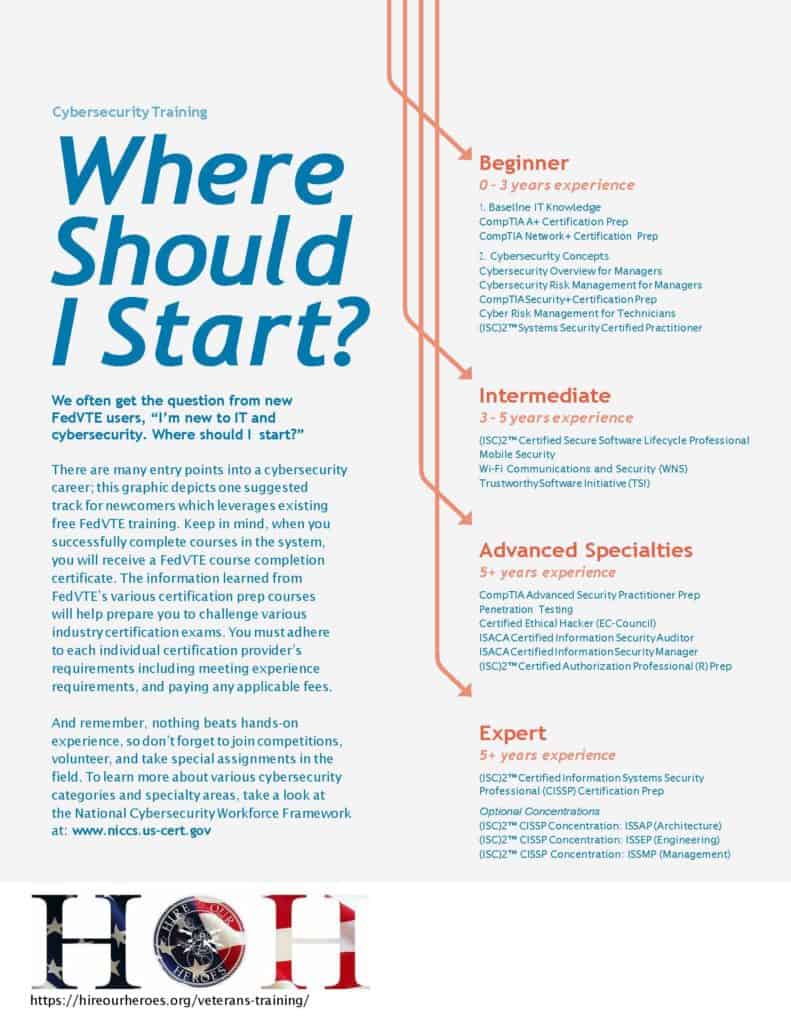
There are training options and classes outside of FedVTE. However, given the expansive amount of coursework available and the fact that it’s free for veterans, other options are not going to be as valuable to you.
That said, you may still want to consider going back to school to obtain a 4-year or 2-year degree in cyber security. If you still have G.I. Bill benefits to use, obtaining a degree is a worthwhile place to spend it.
Getting involved: Books, websites and literature
Beyond obtaining the requisite coursework and hedging your current skills, you will want to get involved in the cyber security community to keep up with what’s happening. Having the proper knowledge of current trends and thoughts from experts will help you maintain high standards and help ensure potential employers see you as a good fit.
For more, we recommend checking out our guide on getting started in cyber security, where we cover the best books and best online communities to follow.
Are you a veteran who’s successfully transitioned into a cyber security field? Let us know in the comments! We’d love to hear about your experience transitioning from the armed forced into a cyber security profession. And if there are any important steps that we missed, let us know!


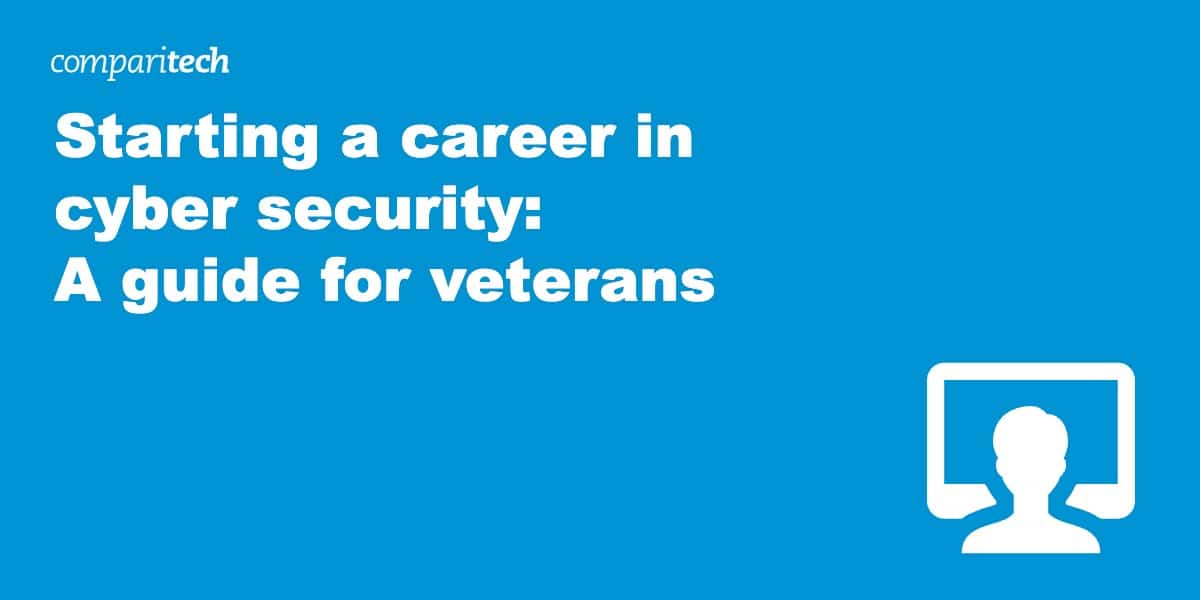
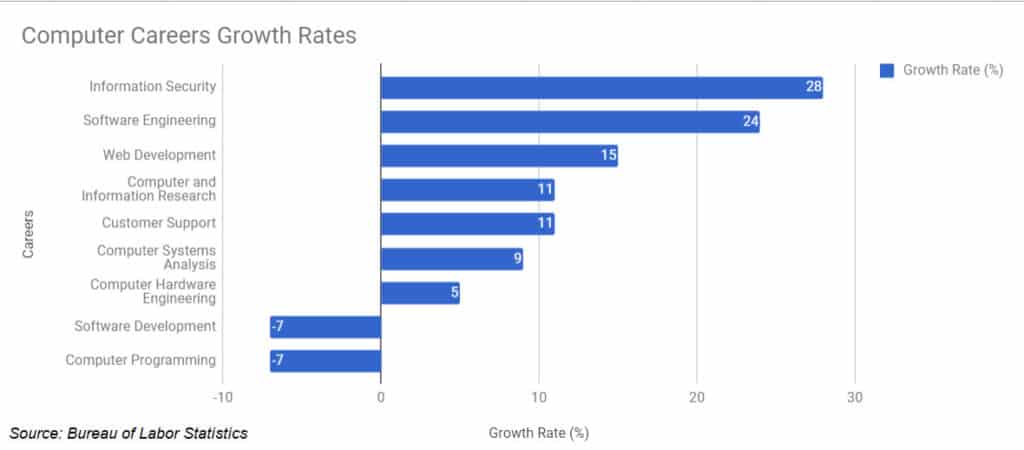
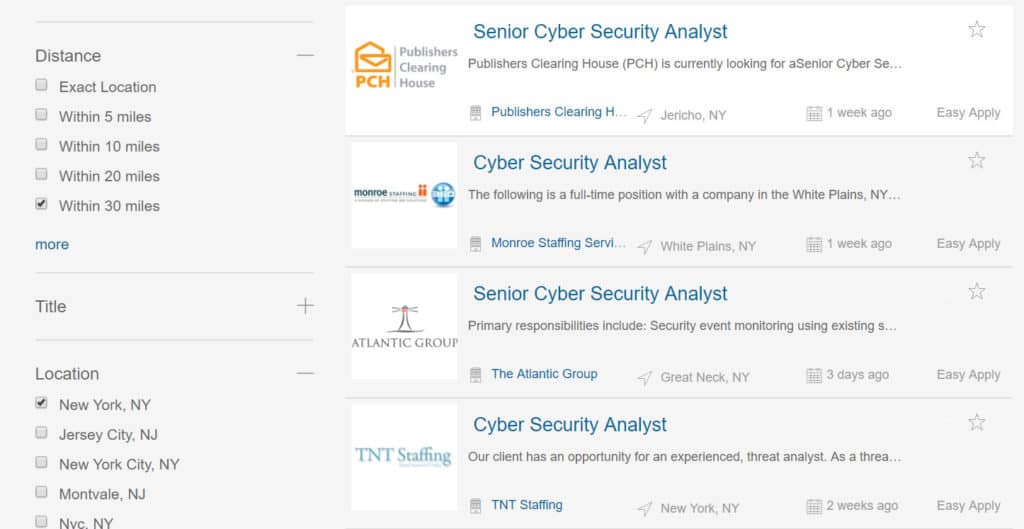
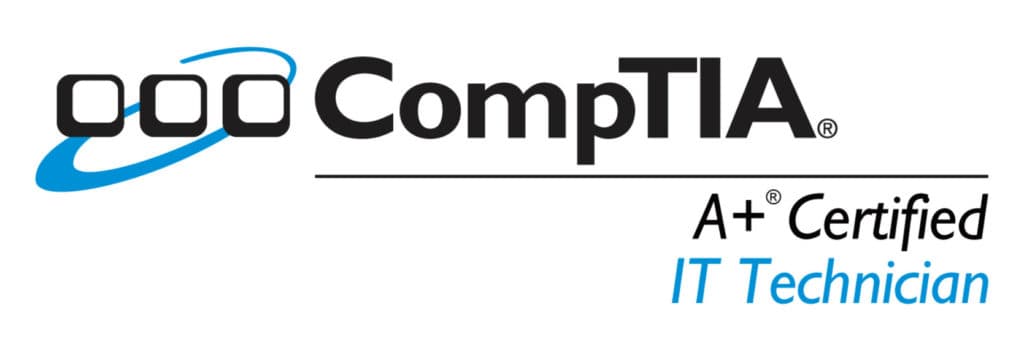

Cybersecurity has become an important part of our lives. We must make more effort to feel safe.